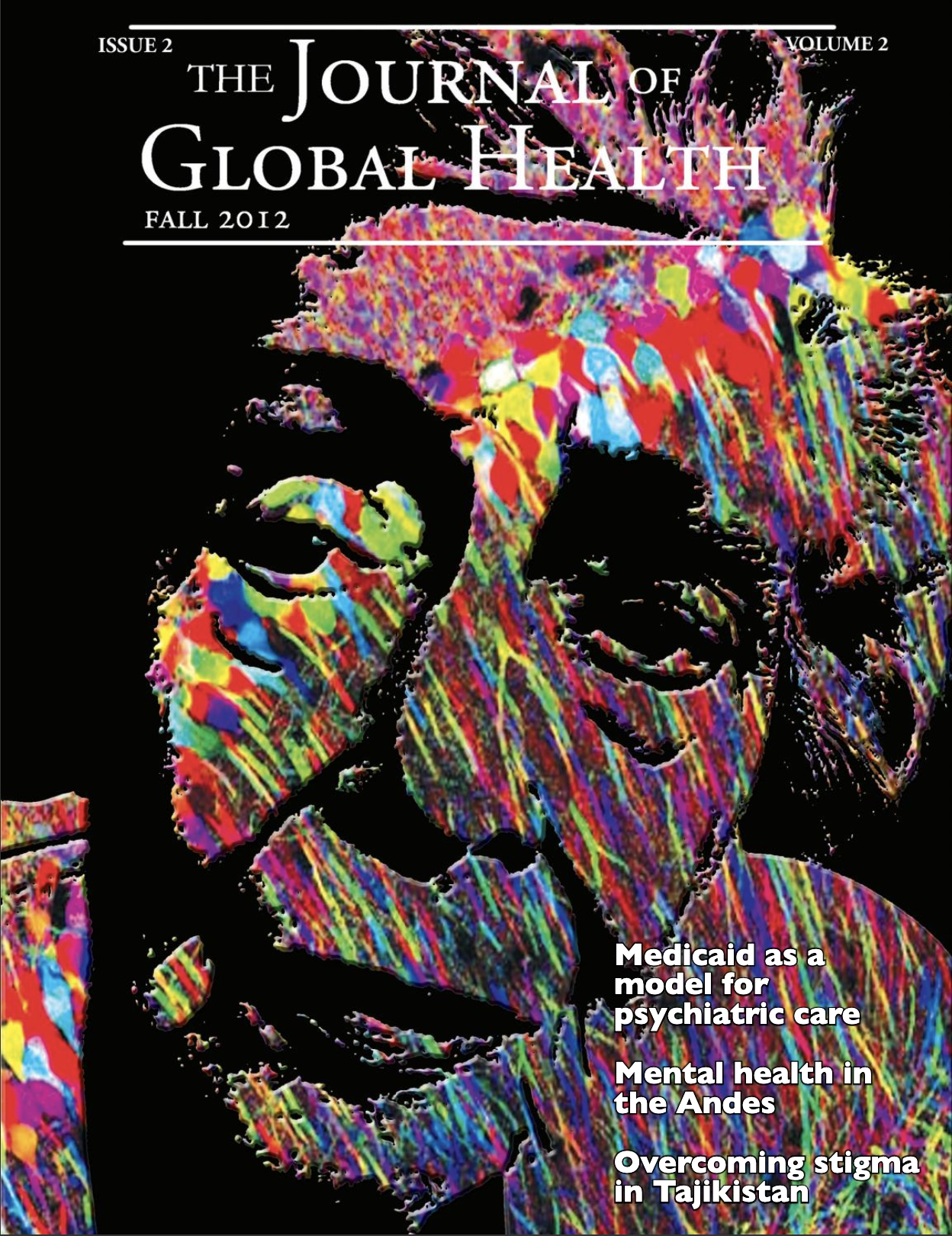Human Papillomavirus A Canadian Investigation into the Global Vaccination Controversy
Main Article Content
Abstract
Human papillomavirus (HPV) is one of the most prevalent sexually transmitted infections throughout the world. It is esti- mated that “as many as 75% of sexually active men and women will have at least one HPV infection in their lifetime.”1 HPV is a viral sexually transmitted infection (STI) primarily spread through sexual contact. Unfortunately, there is no medical cure for HPV, so it cannot be treated post-infection.2 Ho et al. (1998) discovered that HPV takes about eight months to be cured naturally by the immune system of a university-aged female. During the infected period, however, both males and females can transmit HPV to their sexual partners through skin to skin contact.3,4 Physical symptoms of HPV include “cauliflower-like warts appearing on the genitals…typically three to eight months after intercourse with an infected person.” However, the majority of in- fected individuals are often unaware that they have been infected because the infection is frequently asymptomatic. In a study by Peyton et al. (2001), the researchers found that within their fe- male participants, 39.2% of HPV infections were asymptomatic.5 Therefore, it is advisable for one to take precautions during sexual activity such as using condoms.4 HPV has been linked to cervical, penile and anal cancers, among others.6 Specifically, it has been shown to “[cause] approximately 70% of cervical cancers world- wide.”7,8 In the context of public health, HPV remained an untreatable ailment until the recent development of HPV vaccines, notably Gardasil and Cervarix. These vaccinations can prevent infection with HPV if an individual is vaccinated prior to being exposed to the virus.9 Since their discovery, these vaccinations have been widely championed by public health organizations such as the World Health Organization, Public Health Association of Canada and American Center for Disease Control and Prevention as highly effective means for preventing HPV and its related cancers. Nonetheless, the vaccinations have become controversial in Canada because of the new vaccination campaign implemented by Health Canada. In July of 2006, Health Canada, the national body responsible for public health surveillance and interventions in Canada, approved the use of Gardasil, a vaccine that protects against HPV types 6, 11, 16 and 18, in females aged nine to 26.6 By September 2008 all provinces and territories had implemented school-based vaccination campaigns which targeted females as young as nine years old. These campaigns have provoked controversy among conservative political groups and religious organizations that oppose this alleged sexualization of young girls. However, medical professionals argue that vaccinating females early—prior to their sexual debut— increases the effectiveness of the vaccine. The vaccine is 16.9% more efficacious in preventing HPV (types 16 and 18) in females aged 16 to 26 than in those aged 24 to 45.6 Some physicians, who oppose the HPV vaccination, believe that regular Papanicolaou tests, also known as Pap smears, are an effective means of detecting HPV and thereby preventing cervical cancer.10 Detecting HPV is important in reducing its spread throughout the population, but given that HPV is untreatable, post-infection treatment is not a viable solution to preventing cervical cancer. These physicians have also suggested that the schoolimplemented, government-sponsored vaccination campaign is merely the result of lobbying by pharmaceutical companies that produce the vaccine.10 Although this vaccine has been available in Canada for more than five years, its administration to youth (ages nine to 26) re- mains a controversial topic. Opponents of the vaccine criticize it for allegedly encouraging early sexual debut and risky sexual prac- tices. In addition, this vaccine and its campaign raise many issues regarding the public perception of sexuality, such as the stigma regarding STIs and sexual activity among youth populations. The long-term effects of this vaccine and the level of protection that is actually established once it is administered are also matters of contention

